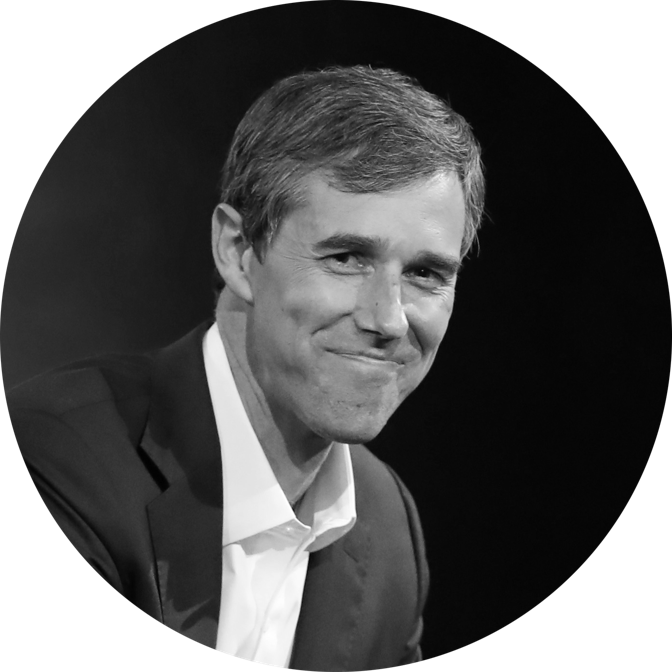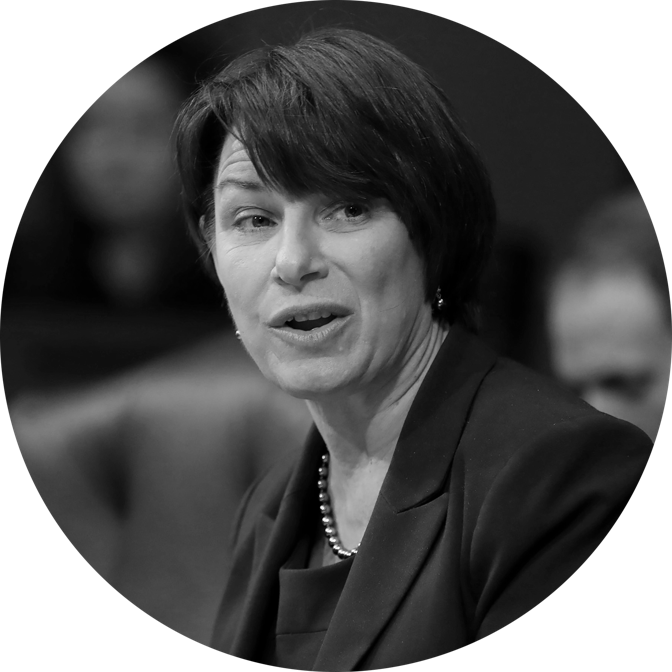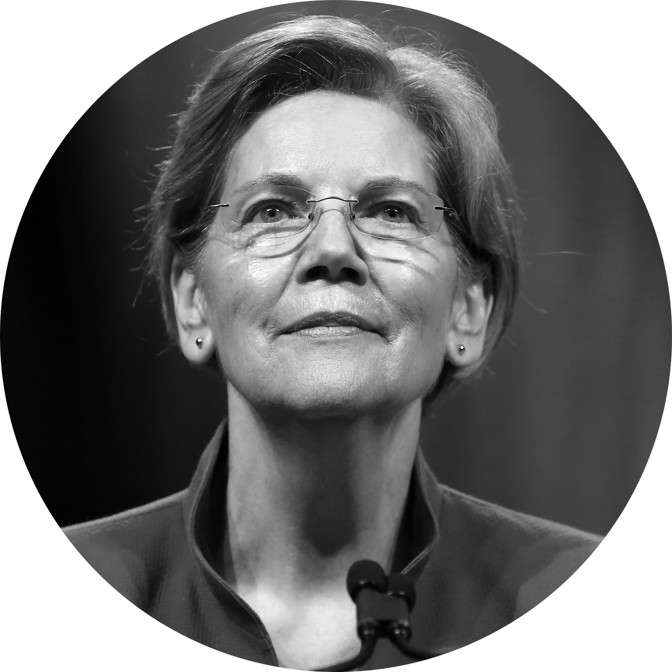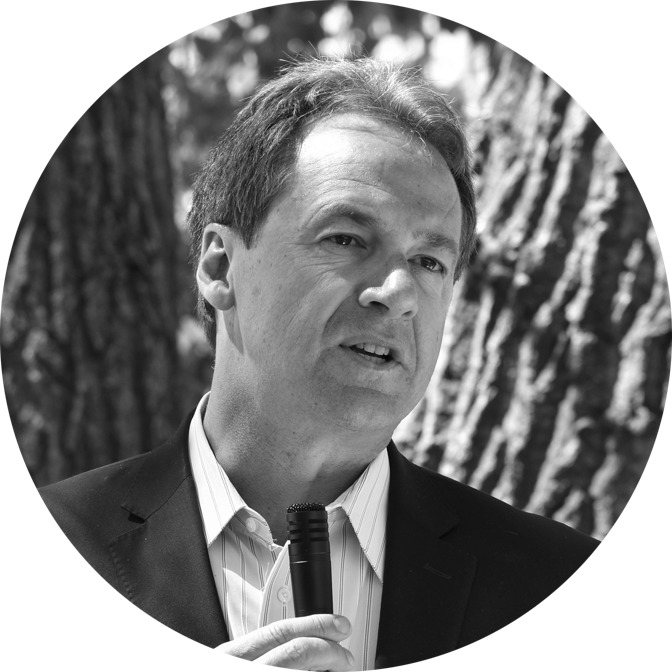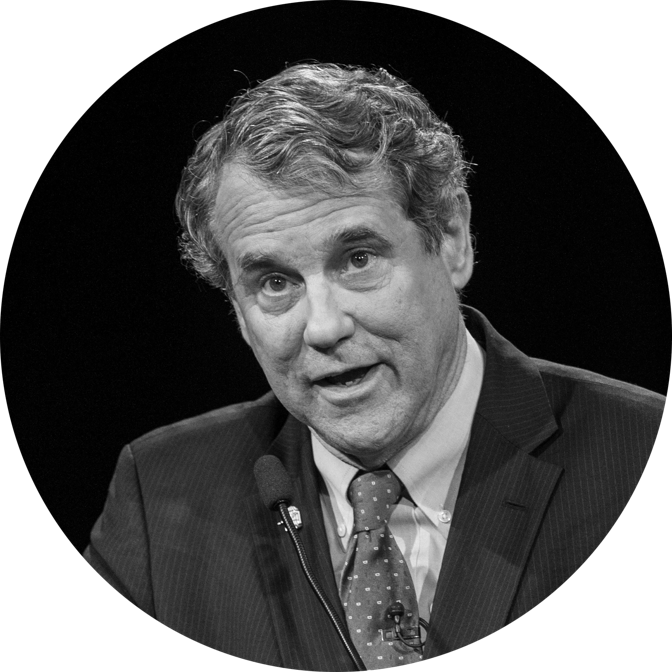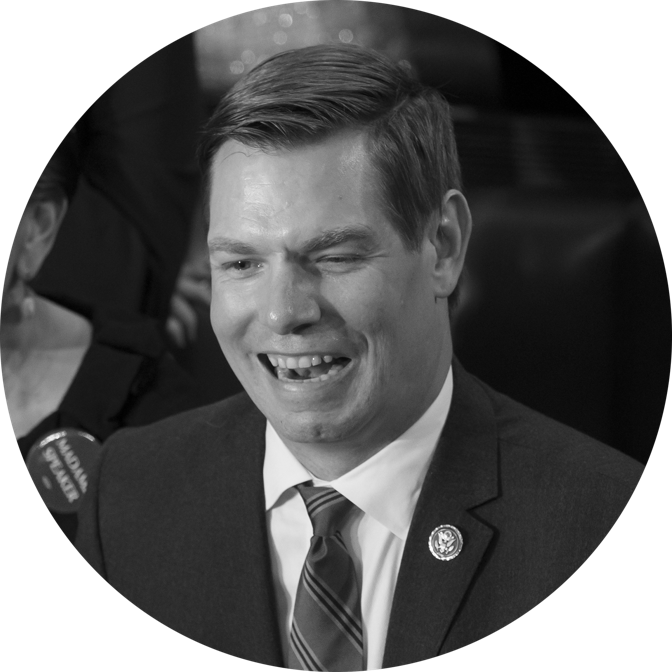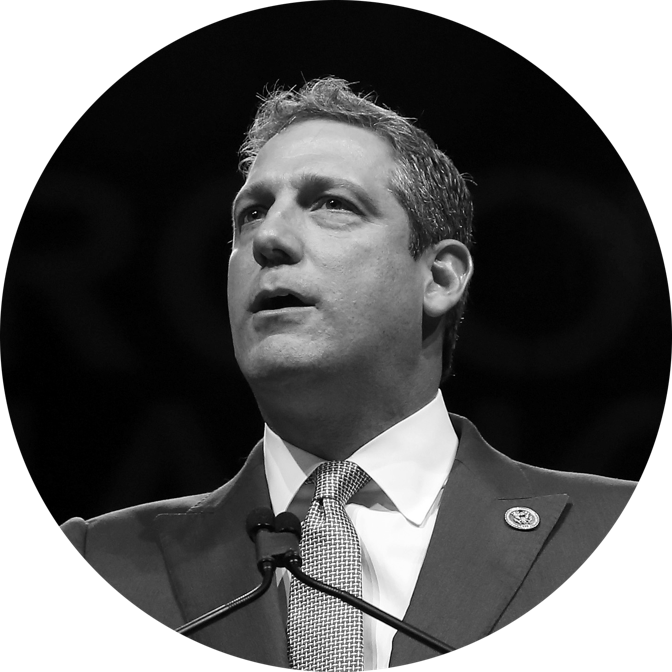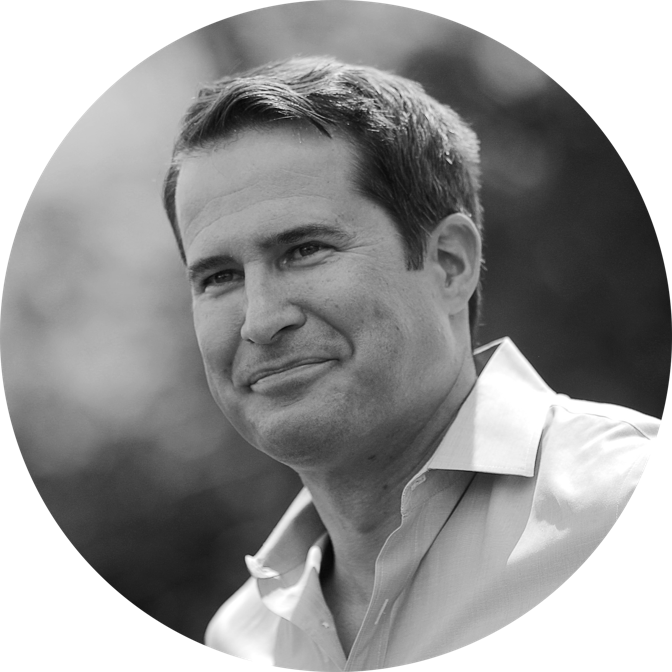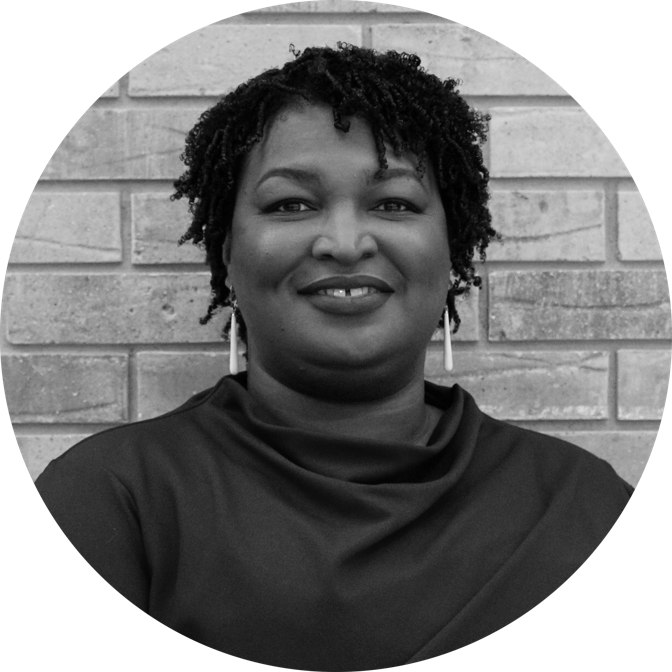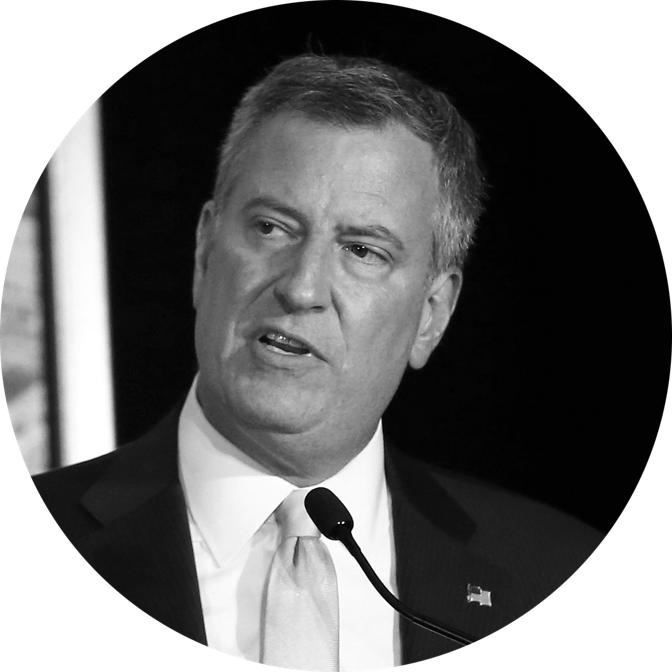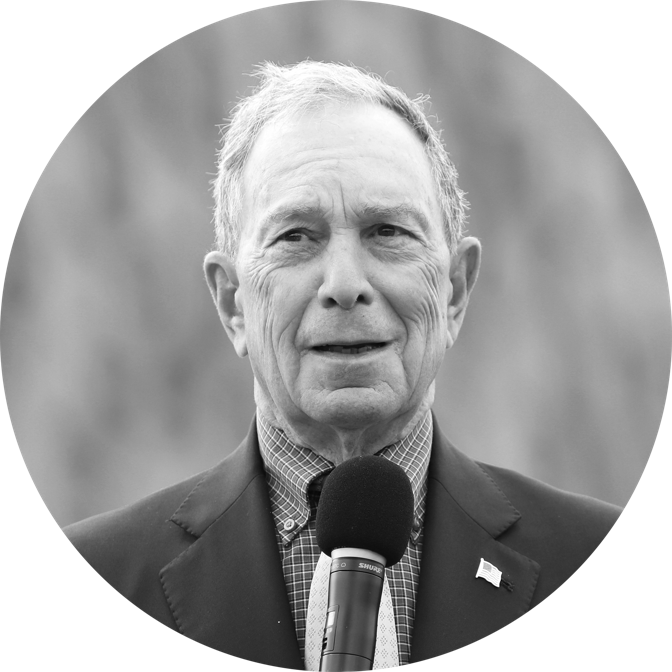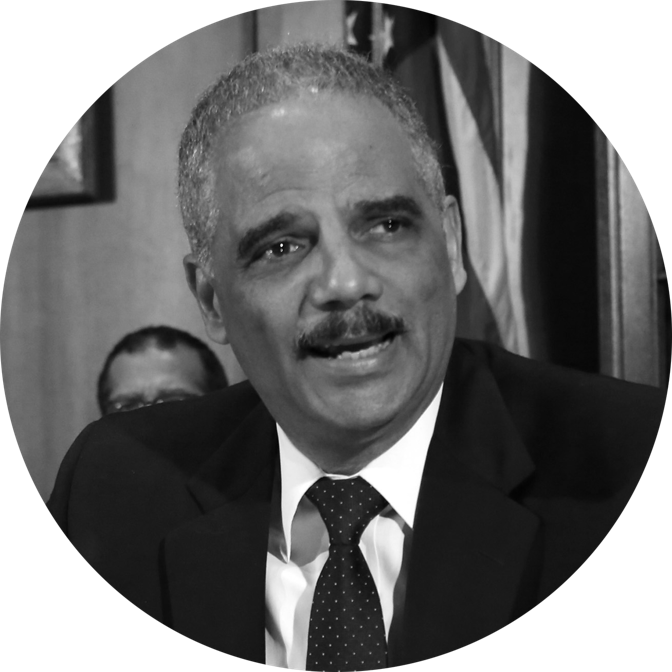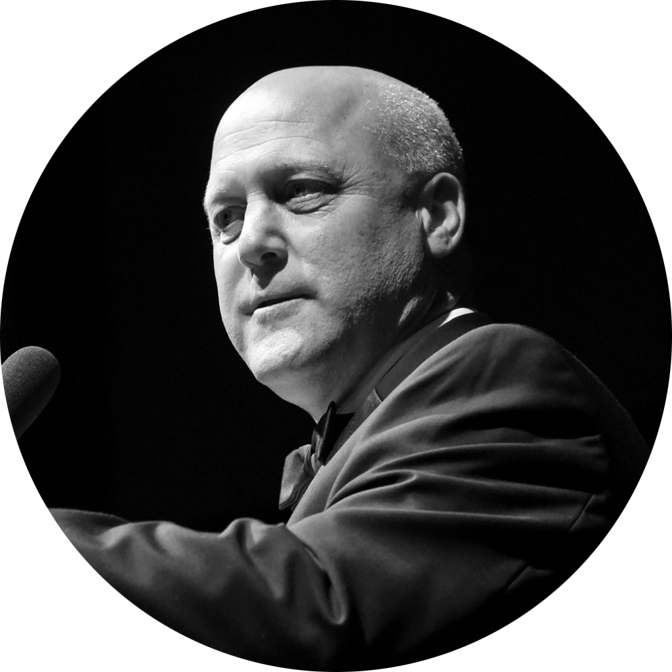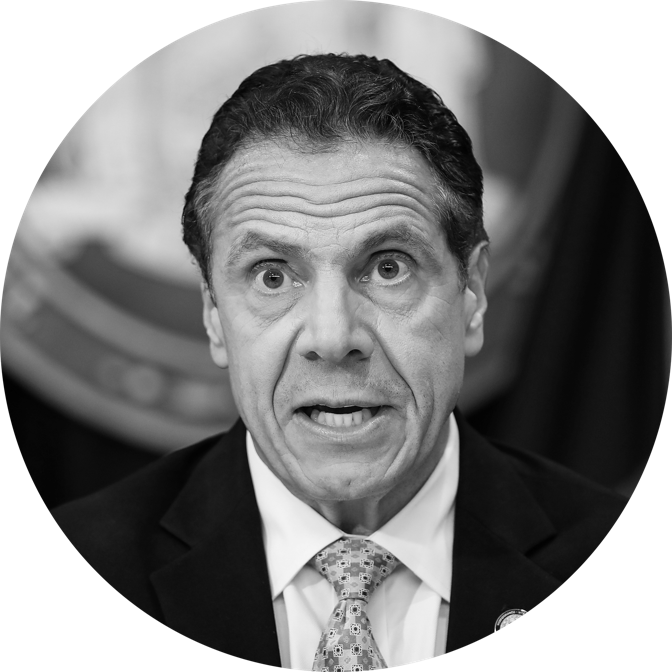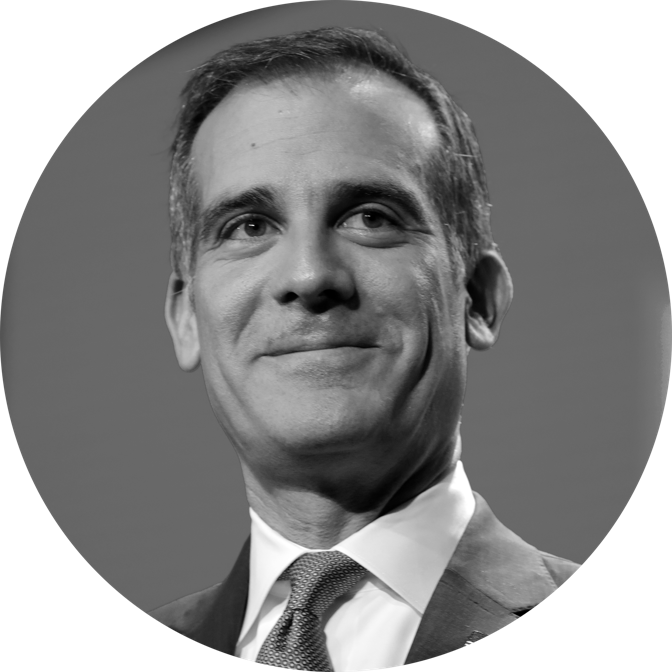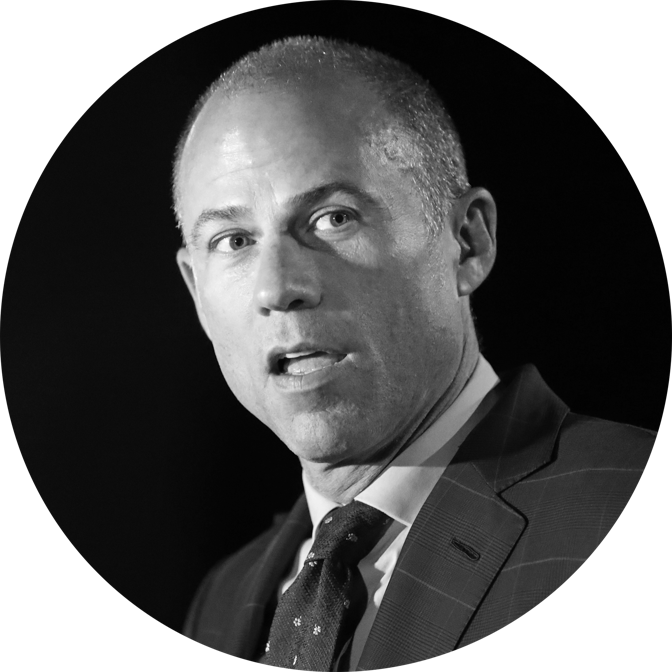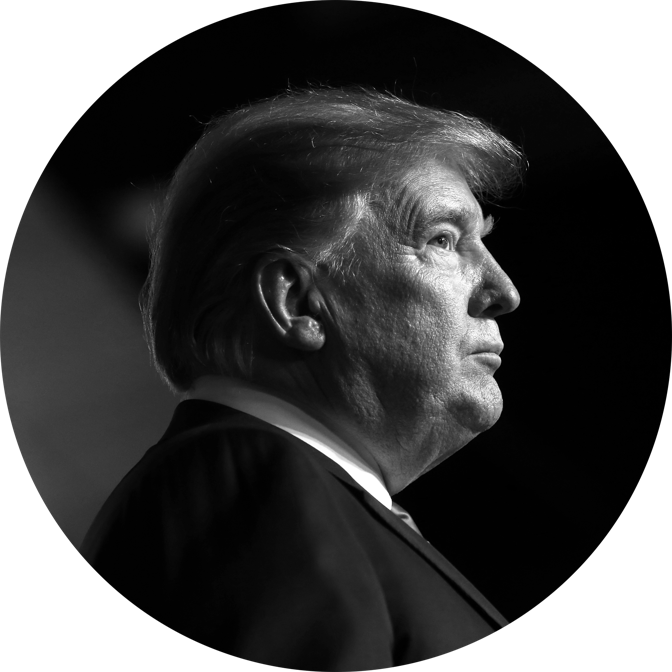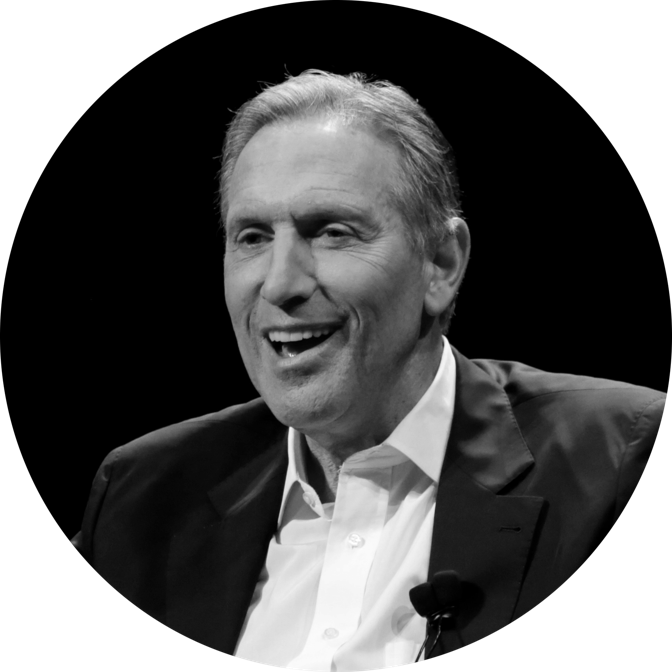Brenton Tarrant: Nowhere Man
The profile emerging of Brenton Tarrant, the white supremacist killer, is disturbingly familiar. From the WaPo:
“He spent most of his time on computers, and learning the in and outs of computers, and playing games on computers,” she told 9News.
“I don’t think girlfriends were on the agenda — he said getting married was too hard.”
He played a lot of violent video games, and was a loner. And, the town where he spent his high school years is not a happy place for males like him. More:
Timothy McManus, 23, a religious teacher at South Grafton High School, said the town is struggling with high rates of teen suicide, prompting the government to open a mental health facility.
“The kids are struggling with a range of mental issues surrounding the family,” said McManus, who also works as a youth pastor at the Hub Baptist Church in Grafton.
“Then there is a lack of employment opportunities for those aged 18 to 25.”
I think the New Zealand killing is a much bigger deal than these things tend to be. I’ve heard some complaining among my political tribe that our media don’t notice when scores of Christians in Nigeria are murdered in one stroke by Muslim fanatics in Boko Haram. They’re correct to point out the disinterest — some of which may be politically motivated — but from the point of view of Western news audiences, what happened in NZ really is a more significant act — and it’s not because the lives of Muslim worshipers in New Zealand are worth more than the lives of Christians in Nigeria.
This requires unpacking. First, take a look at this thread:
I’ve been following responses to the #NZMosqueAttack, and it’s obvious the West’s system is cracking. Civil strife and social breakdown aren’t far off.
I’m confident we can course correct, but we are rapidly running out of time. /1
— Jeff Giesea (@jeffgiesea) March 16, 2019
https://platform.twitter.com/widgets.js
What scares me the most is the breakdown of civil discourse. We won’t be able to avoid civil strife if we can’t debate and discuss challenging topics openly. The left, by shutting down discourse through violence and deplatforming, is leading others toward violent extremism. /2
— Jeff Giesea (@jeffgiesea) March 16, 2019
https://platform.twitter.com/widgets.js
The impulse (seen here) to conflate legitimate concerns about mass immigration & multiculturalism with white nationalism, and conflate all nationalisms with “violent white supremacy,” will only make things worse. It plays into the shooter’s goals. /3 https://t.co/atKvpHmWzq
— Jeff Giesea (@jeffgiesea) March 16, 2019
https://platform.twitter.com/widgets.js
So, we must be careful not to overreact to the #NZMosqueShooting with mass censorship, deplatforming, gaslighting, and the like. There *are* legitimate issues & grievances to discuss, and there must be space to channel them through the democratic process. /4
— Jeff Giesea (@jeffgiesea) March 16, 2019
https://platform.twitter.com/widgets.js
Giesea then refers to this piece from two years ago, in the New Yorker, asking the question: Is America sliding towards civil war? The author interviewed Keith Mines, a national security expert who studies civil wars. Mines thinks that the US is likely to face a new civil war in the next ten to fifteen years. Excerpt:
Based on his experience in civil wars on three continents, Mines cited five conditions that support his prediction: entrenched national polarization, with no obvious meeting place for resolution; increasingly divisive press coverage and information flows; weakened institutions, notably Congress and the judiciary; a sellout or abandonment of responsibility by political leadership; and the legitimization of violence as the “in” way to either conduct discourse or solve disputes.
Entrenched national polarization, with no obvious meeting place for resolution? Check.
Weakened institutions, notably Congress and the judiciary? Check.
Sellout or abandonment of responsibility by political leadership? I’m not quite sure what data I could cite here to support this claim, but ask yourself: does our current political leadership seem responsible to you? On either side? And, do you think that the American people have created the conditions in which responsible political leaders would arise? I don’t. I mean, I am very happy to blame the political class, because I think they are actually blameworthy. But I don’t want to give a pass to the rest of us. We can’t even agree today on what a “responsible” political leadership would look like.
Increasingly divisive press coverage and information flows? Absolutely — and this is something I want to talk about with regard to the NZ killing.
Yesterday a reader of this blog got in touch to say that he was recently tutoring a college student, and heard the undergraduate make a strange remark about a particular historical event. The claim was demonstrably, unambiguously false, but the kid thought it was the gospel truth. It was an alt-right claim. My source, the tutor, asked the kid where he heard such a thing; the kid said he got it from YouTube, where he gets all his news and information about the world.
“This is how so many of the college students today are,” said my source, who works with them on a major US campus. “They learn about the outside world from YouTube and social media. They don’t even stop to think about whether or not it’s a credible source.”
My interlocutor got in touch with me because he said that 4chan and related sources are radicalizing some white males he sees on his campus, and it scares him. I am sure that antifa and its analogues on the social media left are doing the same thing on the other side. The key point here is that news and information has become radically decentralized, and authority has been all but destroyed. My source yesterday told me that the big question of my generation — are the media biased to the left or the right? — doesn’t exist for the young today.
This is not news, I know. We’ve been talking for years about the fragmentation of the media and the separation of people inside information silos. What I don’t believe that we’ve really confronted is what happens when we construct an information environment for ourselves that only allows the most radical information through the filter.
For example, I follow the trans-critical Twitter account 4th Wave Now, which was founded by a liberal mom who questioned transgender ideology when her teenage daughter claimed to be male (the daughter has now desisted, and identifies as a lesbian). Someone leaked to them screengrabs of a private Facebook group for parents of trans kids. Today, 4WN posted images showing how the administrators and others silence anyone who questions the ideological narrative. Check out this thread for more. The people on the forum self-censor for the sake of constructing a particular worldview, and treating those who don’t share it as mortal threats. Seriously, look:
3. Admin intervenes: “We’ve all been there” but remember — it’s suicide or transition. The not-so-implicit message is that even raising questions means the child “does not receive support at home,” with dire consequences. Misuse of the NCTE 2014 stat follows. pic.twitter.com/VXTHNZRQaF
— 4thWaveNow (@4th_WaveNow) March 18, 2019
https://platform.twitter.com/widgets.js
“Suicide or transition.” Now, consider that in the white supremacist online forums to which Tarrant subscribed, the narrative is either radical resistance or racial and civilizational suicide. What Tarrant and his ideological confreres are doing is “eliminating the grayzone.” Analyst Justin Lee explains what this means. Excerpt:
The influential editorial “The Extinction of the Grayzone,” published by the Islamic State’s online magazine Dabiq in 2015, lays out a strategy for radicalizing “moderate” Muslims living in the West. These moderates constitute the “grayzone” — Muslims who have neither fully apostatized and joined the “Crusaders,” nor joined the camp of the genuinely faithful (the Caliphate). The strategy is to turn up the heat on grayzone Muslims — through precipitating Islamophobia — so that they are forced either to abandon their faith entirely or to radicalize:
The Muslims in the West will quickly find themselves between one of two choices, they either apostatize and adopt the kufrī religion propagated by Bush, Obama, Blair, Cameron, Sarkozy, and Hollande in the name of Islam so as to live amongst the kuffār without hardship, or they perform hijrah to the Islamic State and thereby escape persecution from the crusader governments and citizens.
Scott Atran, director of research in anthropology at CNRS, raised the alarm on this strategy — and our failure to counter it — in a 2015 essay on the Islamic State’s revolutionary ambitions. “We might wish to celebrate diversity and tolerance in the grayzone,” he writes, “but the general trend in Europe and the majority of the U.S. political establishment and population is to collude in erasing it.” The Islamic State knew it could depend on European and American Islamophobia to swell its ranks.
The Christchurch shooter adopted the same strategy, swapping the Muslim Ummah for whites of European descent. With this act of terror, he aimed to put pressure on what might be called “whites of the grayzone.” He employs a lot of bog-standard conservative and declinist language in his manifesto, knowing that associating himself with these ideas will draw media ire for conservatives (whom he utterly despises). His goal is to inspire anti-white hatred, in the same way the Islamic State attempted to inspire Islamophobia. In both cases, it greases the rails of radicalization.
More, on Tarrant’s strategy, as articulated in his manifesto:
He’s counting on the left to blame conservatives and right-wing populists for his crimes. The idea is to precipitate — or, as he would phrase it, “accelerate” — a racial purification of the right by making every political battle a matter of race.
Read the whole thing. Lee says the only way to resist what Tarrant is trying to do is for the right to resist victimization narratives, and for the left to resist the temptation to turn every point of contention between left and right into a battle over white supremacy.
He’s right about that, but I am not optimistic that we can do it. Our national media follows more or less the same script every time there’s a mass terror attack: if radical Muslims carried it out, the media focus on how much innocent Muslims suffer from the acts of the radicals; now, when Muslims really are the victims of white supremacists, the narrative remains the same. Please understand: I do not say this in a gripey “whatabout” spirit! Justin Lee is correct to say that people on the right need to resist the urge to embrace victimization. The point I’m making is that the mainstream media coverage will serve Tarrant’s ultimate goal if journalists read and report on events according to the standard liberal narrative.
(That’s the mainstream media — the ones who both express and shape the worldview of the establishment’s leaders. I think we can safely say that the forces of radicalization on both the left and the right will massively intensify on social media.)
As I wrote over the weekend in the post titled “Radicalization & Degeneration,” what massively complicates our response to this is that there is some truth in Tarrant’s cultural diagnosis (just as there was, and is, some truth in the Islamist ideologue Sayyid Qutb’s diagnosis, and the Unabomber’s). We would be extremely foolish to dismiss these violent radicals as senseless. Western culture really is in a condition of decline and possible fall, and fighting white nationalism cannot possibly require being in denial about that — not if it’s actually going to work.
Look, I know well the tendency we all have to want to refuse to give these blood-soaked monsters any legitimacy; that comes from a good place inside us. But it is dangerous, because it blinds us to the appeal these radicals have to others who are living in conditions that the rest of us can’t recognize, or don’t understand.
Tarrant is a young man who is friendless, womanless, aimless, rootless, hopeless, and jobless. He comes from a town where there is little to no economic future. On the Internet, he found a pseudo-community that gave him a sense of meaning and purpose, and vindicated his feelings of victimization. As I’ve mentioned here recently, in reading lately about the Sovietization of Eastern Europe after 1945, I learned that the rootlessness and hopelessness of masses of people displaced by the Great Depression and war made quite a few willing to accept communist totalitarianism as a way forward. It gave them a sense of brotherhood, of dignity, and of purpose. Sure it was a lie, a monstrous lie (as they all discovered eventually), but it gave these nowhere men and women a reason to live and die. That’s incredibly powerful.
I don’t see how we stop the current process. The Internet empowers men like Tarrant — and societal trends are creating more of them. Here’s Geoff Dench writing in Quillette:
On virtually every indicator that anyone might want to consider, men in Britain and various other Western states seem to be performing very badly at the moment, both for themselves and for the communities in which they live. Not that this is particularly unusual. Throughout history, men have been inclined towards being social outsiders. Their usefulness to communities varies much more than women’s, and depends greatly on the way in which social institutions define and reward their roles. Whereas most cultures seem to recognize this, in the West we have increasingly pretended that it is not the case.
And we are now paying for our mistake.
Many people are asking themselves whether some of the radical social experiments attempted in recent generations are viable in the long term, or should now be ditched. It is not too late to face up to the problem. But we have such an accumulation of policy errors to deal with that we require a thorough re-orientation of public discourse before we can expect any specific measures to have much positive effect. The sort of shift we need encompasses some key elements of the sexual division of labor, grounded in stronger marriage institutions, and linked with a conceptual unscrambling of men’s roles, both private and public.
It’s worth pointing out that China and India are going to have a hell of a mess on their hands given that for political and cultural reasons, they have sex-selected societies in which the male-female ratio is hugely imbalanced. This story about the pain and loneliness of men in China and India who will never marry or know female companionship will bring tears to your eyes — and, if you have any common sense, it will scare you, because all those men are vulnerable to a charismatic leader who will acknowledge their suffering and channel it into something violent and destructive. I’m serious; read it, because there’s something very, very powerful here. Excerpt:
Suresh Kumar once dreamed of getting married, with a procession through the lanes of Bass, a bride adorned in gold and the kind of ceremony that was once a near-universal rite of passage for Indian men. But after one potential engagement fell apart, no other suitable brides could be found. He even went back to earn his high-school degree in hopes of being a more attractive suitor.
Still no one. Now Kumar is in his mid-30s, long past what is considered marriageable age in India, and is beginning to face a hard truth: that a wife and a family won’t happen for him.
“People say, ‘You don’t have a wife and children at home to care for; why are you working so hard?” Kumar says. “I laugh on the outside but the pain that I have in my heart only I know.”
The men themselves are isolated, left out of major family decisions and subject to ridicule, with little in the way of support or mental health services. Worse, in the traditional culture of villages, those who miss out on marriage have no hope of female companionship; dating or having a girlfriend is out of the question.
One recent evening, a family threw a rooftop party to celebrate the birth of a boy. Parties to welcome girl babies are still so rare they are covered by the local newspaper. Before the guests arrived, Kumar huddled in a stairwell nearby, sweating over a cast-iron pot, cracking jokes with friends as he fried sweet pancakes for the guests. He likes to cook, he says, but the role occasionally unbalances him.
During a harvest festival last year, his mother was delayed in another town. So Kumar was left to prepare the pancakes on his own. As he flipped the cakes in the bubbling oil, he grew teary-eyed, thinking of how there was no wife and kids to eat the treats he was making.
With a wife, he says, “there would be somebody to make tea for me, to tell me when to take a bath. We don’t have much value as unmarried men in this society. Everybody thinks, ‘What problem does this man have? What is lacking in his family? What is lacking in him?’”
Sooner or later, someone is going to come along to answer that question in a way that turns that pain outward, and focuses it on some scapegoat. That’s what Brenton Tarrant did. That’s what Antifa does. That’s what ISIS does. And so on.
That bring us to Keith Mines’s fifth condition for civil war: the legitimization of violence as the “in” way to either conduct discourse or solve disputes.
Clausewitz famously said that “War is the continuation of politics by other means.” When normal politics breaks down, we should not be surprised when violence erupts. Earlier this year, riding in a Dublin taxi, I listened to the driver, a middle-aged man, talk about how glad we was that Ireland was done with the Church, but how he also despises the ruling class of all parties. He said they are only in it for themselves, and to protect their own privileges. The cost of living is going up and up, he said, and the elites have locked people like him and his children out. If the Yellow Vests movement comes to Ireland, he said, he will probably take to the streets with them.
Ireland is a democracy. Why would a man like that conclude that normal politics don’t work for people like him? Whether or not the man is making an accurate judgment about political prospects in Ireland, this is what he believes is the truth, and he is angry about it — so angry that he would likely take to the streets to demonstrate if the right leaders came along. What’s interesting to me is that this man has no faith at all in Irish democracy’s leaders.
What happens when people come to believe at best that they have no stake in a political order, and at worst that the people administering that political order consider people like them to be enemies to be crushed? This is something that we are not allowing ourselves to see. If you read Tarrant’s manifesto — which you can find online; I’m not going to link it here — you see that he doesn’t just despise the left, but also conservatives, as well as business leaders who, in his view, profit from immigration “”Kill your local anti-white CEO,” he advises). He is truly diabolical, even calling for the murder of non-white children. It’s easy to regard Tarrant as one of life’s great losers, a fool who got lost in an online pseudo-reality in which he is a great warrior participating in a life-or-death civilizational struggle, instead of what he really is: a friendless weirdo who couldn’t find a girlfriend.
But 50 people are dead in Christchurch because this weirdo acted out his role-playing fantasy with live ammunition — and broadcast it to angry dispossessed white males around the world whose only connection is through the Internet.
As we know from Tarrant’s manifesto, he is hoping to provoke a strong backlash from the left, especially in the US, around gun violence. He is an accelerationist, meaning he wants to heighten the tensions in liberal democracies, and bring about actual fighting. His hope is that the left will push too far. Along those lines, and about violence, take a look at this Atlantic essay from the April issues, posted online a few days ago, by David Frum, titled, “If Liberals Won’t Enforce Borders, Fascists Will.”
Demagogues don’t rise by talking about irrelevant issues. Demagogues rise by talking about issues that matter to people, and that more conventional leaders appear unwilling or unable to address: unemployment in the 1930s, crime in the 1960s, mass immigration now. Voters get to decide what the country’s problems are. Political elites have to devise solutions to those problems. If difficult issues go unaddressed by responsible leaders, they will be exploited by irresponsible ones.
Notice this paragraph; remember that this was written before the Christchurch attacks:
When natives have lots of children of their own, immigrants look like reinforcements. When natives have few children, immigrants look like replacements. No wonder that, according to a 2016 survey conducted by the Public Religion Research Institute and The Atlantic, nearly half of white working-class Americans agree with this statement: “Things have changed so much that I often feel like a stranger in my own country.”
Tarrant titled his manifesto: THE GREAT REPLACEMENT.
One more Frum quote:
With immigration pressures bound to increase, it becomes more imperative than ever to restore the high value of national citizenship, not to denigrate or disparage others but because for many of your fellow citizens—perhaps less affluent, educated, and successful than you—the claim “I am a U.S. citizen” is the only claim they have to any resources or protection. Without immigration restrictions, there are no national borders. Without national borders, there are no nation-states. Without nation-states, there are no electorates. Without electorates, there is no democracy. If liberals insist that only fascists will enforce borders, then voters will hire fascists to do the job liberals refuse to do.
Yes, borders are arbitrary. And, yes, more people are arguing that we should care as much about people in faraway lands as we do about our fellow Americans. But the practical effect of making this argument is to enable the powerful to care as little for their fellow Americans as they do for people in faraway lands.
One big takeaway from the Frum essay — something I took away from it, not necessarily something Frum endorses — is that we are living in a time of massive global disruption, resulting in an unprecedented move of peoples; this is affecting us in the US, as it is most people, but our elites — especially liberals — don’t recognize or don’t care about how it’s affecting the native-born.
Right now, a lot of the poor and working class — especially whites — have turned their despair onto themselves, via drug and alcohol abuse, and suicide. What if they turned that outward? What if their children were to become radicalized online? How would we stop it? Would they not be correct to judge that the US elites consider them to be expendables and deplorables? Understand me: there is never justification for killing innocent people of any race or religion. My point is that social trends, in particular some embraced and advocated by liberal elites, are further fragmenting and alienating people — and technology is creating the conditions for some of these rootless men to nurture their own sense of alienation and grievance, and to turn that into violent acts.
I’ll leave you with this last thing. Here’s news from Arlington, Virginia, today:
In Arlington County, Virginia, not even kindergarteners are exempt from pro-transgender messaging. So reports The Washington Post, which, earlier this month, featured an article about Ashlawn Elementary School, which honored National “Read Across America Day” by hosting a transgender spokesperson for the Human Rights Campaign (HRC). The spokesperson read a story about a transgender child for a room full of kindergarten children.
Prominent media outlets claimed parents were notified beforehand and allowed opt their children out of the event. But those outlets got the story wrong. The letter, written solely in English despite the school’s sizable non-English-fluent population, nowhere mentions “opting out.”
This keeps happening. Public schools are indoctrinating kids into gender ideology. A friend e-mailed from the Pacific Northwest to say:
Yesterday in church a woman told us how concerned she is for her two granddaughters because of the gender indoctrination they receive in their school. While driving them to a party, one girl asked her, “How many humans will be there?” Later the other girl said, “Look what that human is wearing.” Quite unconsciously now they do not use “boy” or “girl.”
The girls are 3 and 4 years old. This is coming from their pre-school teacher!
These gender ideology activists and their institutional allies are destroying public schooling, but that’s not a new thing. What we have to worry about is when they try to destroy homeschooling and private schooling that does not endorse their view — and believe me, that is coming down the line, within the next couple of decades.
You want to foment violence? Tell people that they have to subject their children to this stuff, and have no choice. Start taking children away from their families so the state can jack them full of sex-change hormones. Note well that the mainstream media will only report from a position of affirming this extreme biological radicalism, and framing those who oppose it, or even question it, as bigots who are threatening the lives of children. As Jeff Giesea said in one of the Twitter posts with which I started this long comment:
There *are* legitimate issues & grievances to discuss, and there must be space to channel them through the democratic process.
Messing with people’s children and cutting them out of the democratic process is a sure way to create radicals. Allowing mass numbers of people from other countries to immigrate into one’s country while more and more people born here come to believe the people running the country would like to see them crushed and eliminated is a sure way to create radicals. Building a society that systematically or accidentally marginalizes and humiliates males — especially males of a particular race, by design — is a sure way to create radicals.
Here are relevant passages from a Carlo Lancellotti essay on Augusto Del Noce:
Rejection of transcendence has the effect that all human realities (the state, sexuality, work, the family) lose their symbolic or ideal significance and become “dumb,” completely devoid of any finality beyond the satisfaction of the immediate material or psychological needs that can be studied scientifically. It is in this sense that scientism, according to Del Noce, is the philosophical premise of the sexual revolution. At the same time, political struggles take an absolute value, replacing religion as the focus of social concern and the source of people’s identity and meaning.
The flip side of the politicization of reason is the absolutization of politics, which to Del Noce is another definition of totalitarianism. Every aspect of reality is interpreted in terms of a political narrative, which becomes the interpretative key for all aspects of social life: law, education, medicine, the family. Society at all levels splits along political lines because “culture is entirely subordinate to politics” and “the idea of politics is subsumed within the idea of war.” The older totalitarian movements had no desire to find a political accommodation between social classes or races: one side must eliminate the other. Likewise, no compromise is possible with “repression” and “bigotry.” They must be simply fought and, ultimately, eliminated.
Now, to quote the Constitutional Peasant (but not with comic irony), now you see the violence inherent in the system. More Lancellotti:
Reading Del Noce today it is hard to escape the impression that the philosophical premises of today’s situation were firmly in place by the early sixties, and that at a fundamental level not much has happened since, except for a slow process of decomposition, as befalls an organism that is no longer living. A society that consistently embraces scientism and instrumentalism must literally stop thinking in the properly philosophical sense, and become incapable of generating new ideals and new forms of life. It can only live by slowly consuming the “reserves of meaning” it received from the past, until they run out and its contradictions explode.
It’s the exploding of these contradictions that we may be seeing now — most of all the idea that you can have a stable society of radical individualists unbound to the past, the future, or anything outside of themselves. In the case of very online white supremacists, as in the case of the legion of teenagers documenting their gender dysphoria in evangelizing YouTube clips, we are watching the disintegration of the human personality reified and transmitted like a virus via electronic vectors into the hands of countless individuals who have been prepared for it through socialization via online discourse. The medium is the message, and the message is: you and your online friends are the only reality there is.
More Lancellotti:
At the time, Del Noce’s remarks about the totalitarian aspects of modern Western society did not receive much attention. Today, he is remembered as a distinguished historian of ideas—especially of Italian political thought in the twentieth century, of Gramsci and Gentile—but his views about the contemporary world are often considered excessive, or even reactionary. After all, the totalitarian ideologies of the twentieth century seem firmly confined to the dustbin of history. We do not live in fear of being arrested by the secret police and sent to a concentration camp. How can anybody seriously think that we live in a totalitarian situation?
Del Noce would reply that these objections are reasonable but superficial, because what really defines totalitarianism is, once again, the subordination of both ethics and culture to politics. Coercion by force is not necessarily the best method to that effect. A better way is to remove the “equipment” that makes it possible to transcend politics: philosophical reason, nonutilitarian liberal education, national tradition, the family as a vehicle of ideal values. What is true is that the new totalitarianism is very different from older forms because it is a totalitarianism of disintegration, even before being a totalitarianism of domination. It dominates by disintegrating. Del Noce describes it also as “negative millennialism” because it radically rejects the past but cannot propose new values. Ironically, it is extremely “conservative” in the narrow sense of protecting the economic and political status quo, while it slowly dissolves its host society into what Del Noce calls a “non-society,” because no shared ideals bind together its members.
In such a situation, resistance is in constant danger of becoming a sequence of reactive responses to every new turn in the process of decomposition. Del Noce considers it a mistake to think that the Western “crisis” can be overcome by purely political means, especially because totalitarian cultures prevent real debate precisely by politicizing everything. The technological society does it by framing every discussion in terms of the opposition of “progressive” and “conservative.”
Read the whole thing. Del Noce is onto something massively important throughout these passages. Keep his final line above in mind as you watch, read, and listen to the debate play out over how to react to the New Zealand attacks. The media’s reflexive framing it as a matter of “progressive” and “conservative” responses conceal more radical questions at stake. Brenton Tarrant is a devil from the pit of hell, but the terrible truth is that he sees some fault lines of conflict within our civilization more clearly than many of us middle class normies do. Outsiders of all kinds often do.

 Ethicoin: Securing the Post-COVID-19 Future
Ethicoin: Securing the Post-COVID-19 Future  A Proclamation on National Crime Victims’ Rights, 2024
A Proclamation on National Crime Victims’ Rights, 2024 
